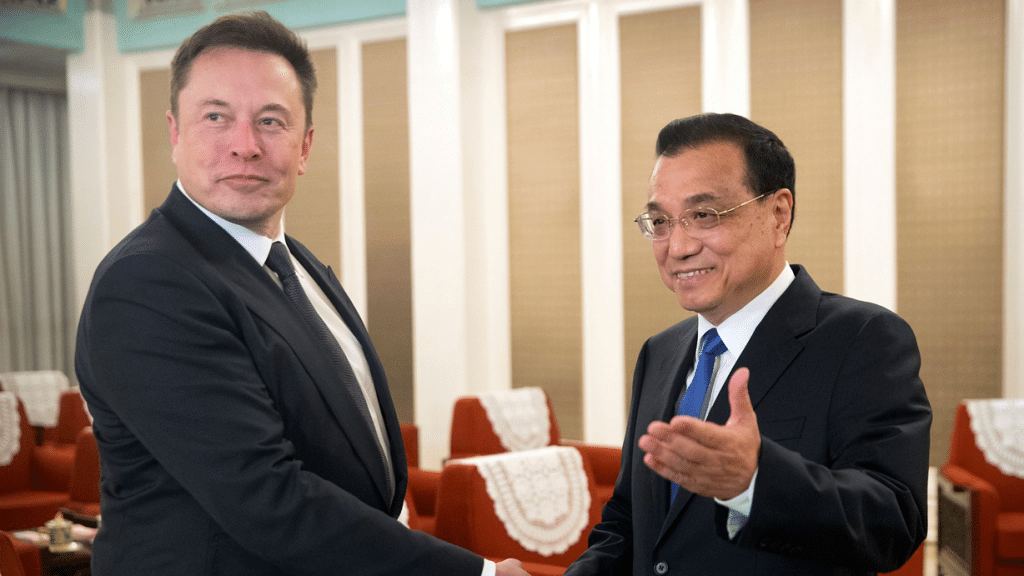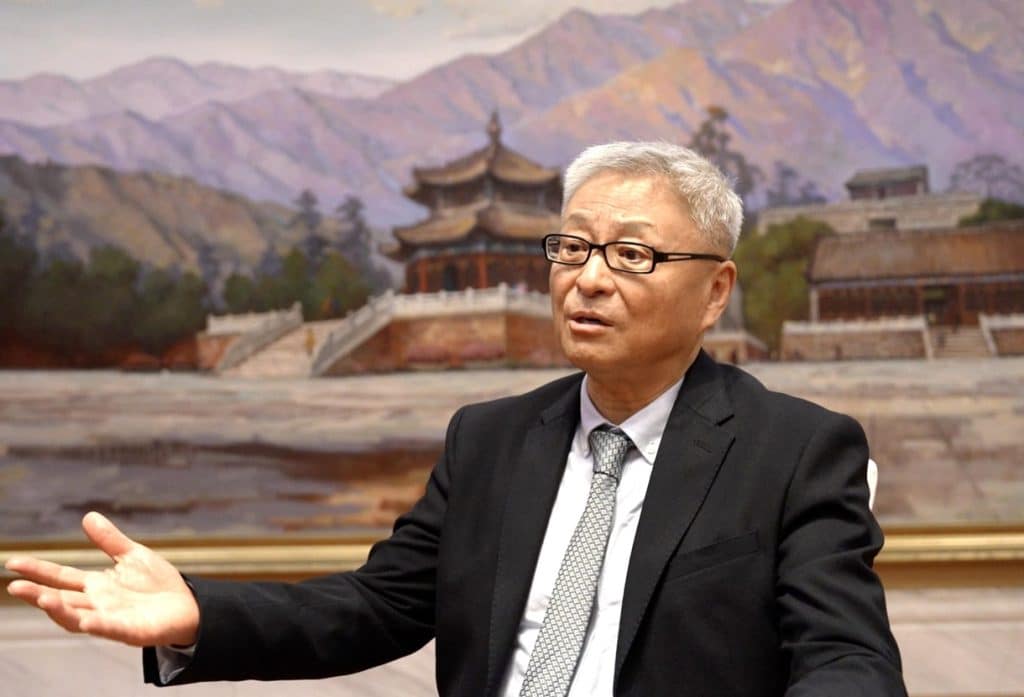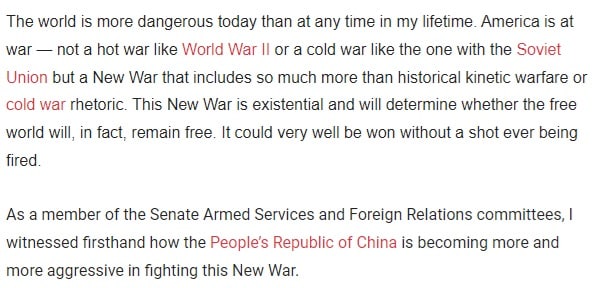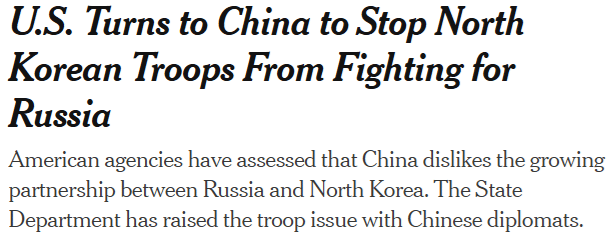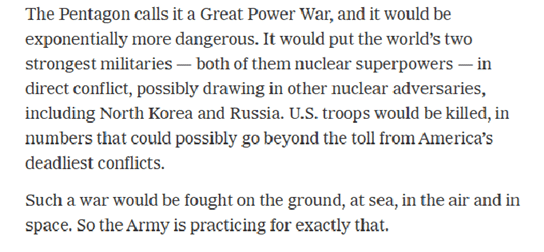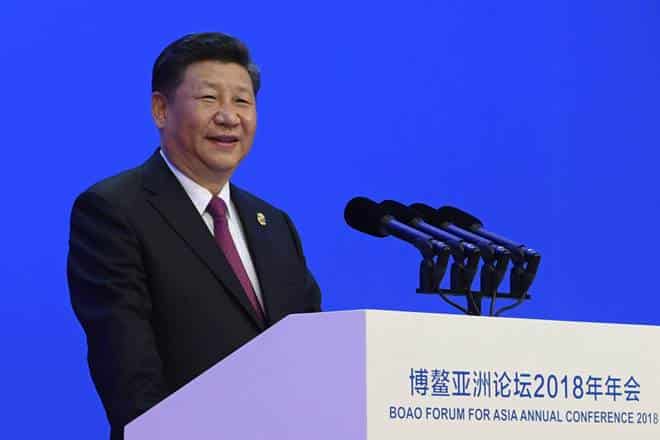10th Annual China Town Hall Meeting: Local Connections, National Reflections
作者:Kevin Sonukan 来源:US-China Perception Monitor
On October 18th, 2016, we hosted the 2016 China Town Hall at Emory University. This town hall consisted of a speaker, whom at Emory was Georgetown Law Professor James Feinerman, and a national broadcast featuring Henry Kissinger. Feinerman started off by emphasizing that the basic US-China relationship is very messy, littered with positives and negatives. This is very unsurprising to him, as prior to the 1979 normalization of relations, we had 30 years of mutual enmity.
Feinerman discusses his experiences in China as a student right after the opening of relations and how worried his newly made Chinese friends were that they would never see him again after he left China. President Jimmy Carter had just opened relations, but President Ronald Reagan threatened to derecognize the People’s Republic of China as the legitimate government of China. Reagan later decided against this, allowing the course of US-China relations to grow and evolve.
As with any other bilateral relationship, this relationship has not been without controversy. President Bill Clinton harmed the relationship with the bombing of the Chinese Embassy in Belgrade, as well as the visit by Lee Teng-hui to Cornell University. Clinton later adjusted his actions, exchanging visits to China with President Jiang Zemin. The relationship was cultivated even more by exchanges of citizens as well. Students were exchanged between both nations to study in their universities, being sponsored by the governments or companies (i.e. Coca-Cola sponsoring Chinese business students to the US). These exchanges not only created people to people connections that would ensure friendlier relations, they also helped build China’s infrastructure (which was damaged by the Cultural Revolution).
Overall, China and the US have continued to grow closer as allies throughout their bilateral relationship. There are a few key issues that still trouble their relationship. The issues are as follows: China doing what’s best for itself in terms of trade (at the potential expense of trade partners), China’s persecution of lawyers, the South China Sea dispute, and international property rights.
In the 1980s, China worked towards strengthening its economy so that its citizens could enjoy a better lifestyle. During this time, Communism had fallen throughout Central and Eastern Europe, and China was protecting itself from damage by elevating the living standards of its citizens to curb discontent. According to Feinerman, China’s liberalization of its economy peaked in 2003 in some cases, and that China has had a lot of success as the nation which moved the most people out of poverty in history. At the same time, a major issue that he brings up is that, despite this social and economic mobility, certain professionals, especially lawyers, have been imprisoned or persecuted because of the trouble they stir up. This has caused the law field in China to suffer immensely.
As far as international business and trade, Feinerman emphasized that China has rewritten economic rules that were established when China was a poor nation. This poses a problem to some already established major states in the West, but it is part of a moral dilemma regarding whether China should follow economic rules that were established to favor the elite when it has its own population to care for.
Another issue Feinerman brought up was the South China Sea; he emphasized that this territory problem is not unique in East Asia, as China also has territory conflicts with South Korea and Japan outside of the South China Sea. Regarding the South China Sea, Duterte said he would work against China, but he has recently flown into China and aligned himself with Beijing.
China still struggles with respecting international property rights. Feinerman emphasized that this issue is not one of too much concern, as states which now respect international property rights, such as Japan, Korea, and the US, all did not respect international property rights at first. What changed them is their brands becoming world players, which caused them to want their brands to get credit for their labors. Once China’s brands go global, it will likely enforce international property rights more strictly.
The second half of the China Town Hall, the national broadcast which featured Henry Kissinger, was a Q&A session. Kissinger answered questions using his experience in politics and in dealing with China. He helped promote Sino-US relations by feigning ill in Pakistan and secretly flying to China to meet with leaders and pave the way for President Richard Nixon to meet with Chairman Mao Zedong. China and America both had conflicts with the USSR at the time, which provided compelling motivation for restarting relations. In his answer on important takeaways concerning Sino-American relations during his career, he stated that China and the US have different cultures, and that China has always been surrounded by enemies and worried about survival. He expressed concern with how America looks at world issues, such as a potential Sino-Russian alliance against the US. Additionally, he expressed that China is very sensitive about American intervention in their domestic affairs, and that he believes we are creating an avoidable challenge when we do this (i.e. Li Teng-hui’s visit to Cornell causing a crisis near the Taiwan Strait between the US and China in the late 90s). Sino-American relations will never be without problems, but they have been improving; in order to make things better, Kissinger has told Chinese leaders he has met with that they should not act from a position of strength and superiority, whereas Americans should not act like we are teaching them how to act. Lastly, regarding an area for Sino-American cooperation that is untapped, Kissinger stated that the Silk Road proposal to develop Central Asian infrastructure is a good place for cooperation, and that he hopes the new administration will look at this area and work towards this bilateral cooperation. He also brought up Afghanistan as another area for cooperation as well.
Overall, it was a night in which the audience was introduced to both the history of Sino-American relations and their current state. Between Feinerman and Kissinger, both men discussed their own experiences with China and the issues that they have either seen themselves or seen in the news. There is a lot of room for improvement in this bilateral relationship, but the discussions of both men show that China is a powerful ally rather than an eventual enemy.
Written by: Kevin Sonukan
来源时间:2018/4/3 发布时间:2016/11/2
旧文章ID:15701


